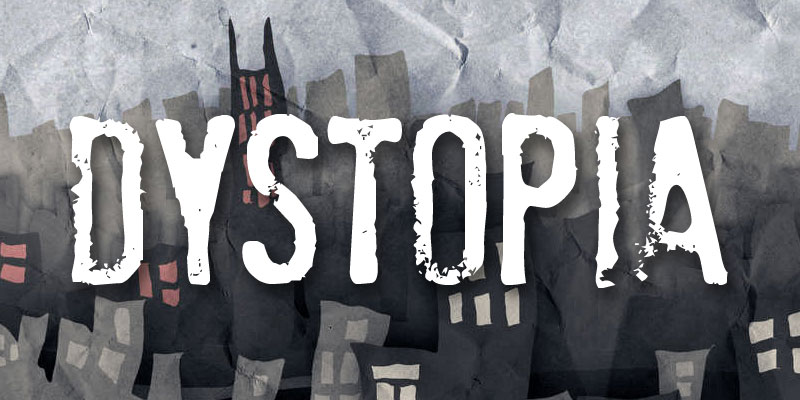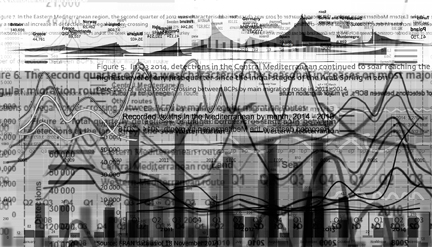Essays and Features
New Book on Adonis: A ‘Rehabilitation’ Biography?
New Book Places Famed 20th Century Lebanese Beauty and Unappreciated Intellectual May Ziadeh at Center of Controversy Now as Then
Forthcoming in Al Jadid
The War Produced More than 50 Novels: Experience and Expression of Conflict Creates Crossroads Moment in Syrian Literature
Forthcoming in Al Jadid, Vol. 23, No. 76, 2019
Siham Nasser: Lebanese Playwright, Fiery Promoter of an Independent Theater, Dies at 69
Leila Slimani: Demolishing Barriers with Literature and Francophone Values
Beyond her award-winning novels, the public knows Moroccan-French novelist Leila Slimani for her advocacy of francophone values, promoting the French language, a culture of diversity and openness, as well as for her support for women’s rights. During the French presidential elections, Ms. Slimani accompanied President Emmanuel Macron in his visit to Morocco, encouraging Moroccan-French citizens to vote for him against the right-wing and ethnocentric Marine Le Pen.
Dystopic Trends in Modern Arabic Literature
Breaking Bread: Anthony Bourdain’s Quest for Cultural Understanding
Dystopic Trends in Modern Arabic Literature
In the first two decades of the 21st century, the Arabic literary scene has witnessed a new trend in fiction in the form of a dystopian narrative. Where Arabic research has mainly focused on Classic Western utopias as characterized by the writings of Thomas More, Tommaso Campanella, Samuel Butler, and 20th-century Western dystopian fiction, the rise of Arabic authors exploring the dystopian genre has caught the attention of Western readers.










